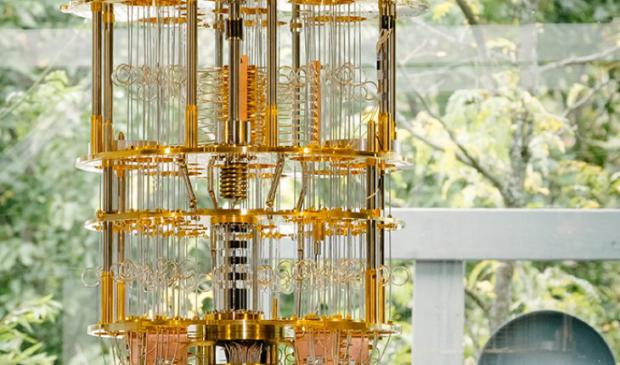
Breaking News
 2 Hours of Retro Sci-Fi Christmas Songs | Atomic-Age Christmas at a Snowy Ski Resort
2 Hours of Retro Sci-Fi Christmas Songs | Atomic-Age Christmas at a Snowy Ski Resort
 Alternative Ways to Buy Farmland
Alternative Ways to Buy Farmland
 LED lights are DEVASTATING our bodies, here's why | Redacted w Clayton Morris
LED lights are DEVASTATING our bodies, here's why | Redacted w Clayton Morris
Top Tech News
 Travel gadget promises to dry and iron your clothes – totally hands-free
Travel gadget promises to dry and iron your clothes – totally hands-free
 Perfect Aircrete, Kitchen Ingredients.
Perfect Aircrete, Kitchen Ingredients.
 Futuristic pixel-raising display lets you feel what's onscreen
Futuristic pixel-raising display lets you feel what's onscreen
 Cutting-Edge Facility Generates Pure Water and Hydrogen Fuel from Seawater for Mere Pennies
Cutting-Edge Facility Generates Pure Water and Hydrogen Fuel from Seawater for Mere Pennies
 This tiny dev board is packed with features for ambitious makers
This tiny dev board is packed with features for ambitious makers
 Scientists Discover Gel to Regrow Tooth Enamel
Scientists Discover Gel to Regrow Tooth Enamel
 Vitamin C and Dandelion Root Killing Cancer Cells -- as Former CDC Director Calls for COVID-19...
Vitamin C and Dandelion Root Killing Cancer Cells -- as Former CDC Director Calls for COVID-19...
 Galactic Brain: US firm plans space-based data centers, power grid to challenge China
Galactic Brain: US firm plans space-based data centers, power grid to challenge China
 A microbial cleanup for glyphosate just earned a patent. Here's why that matters
A microbial cleanup for glyphosate just earned a patent. Here's why that matters
 Japan Breaks Internet Speed Record with 5 Million Times Faster Data Transfer
Japan Breaks Internet Speed Record with 5 Million Times Faster Data Transfer
2018 should be the year of quantum supremacy

In November, 2017, IBM announced a 50 qubit prototype quantum computer chip.
IBM, Google and Rigetti are working on approximate gate model systems.
Rigetti has a 19 qubit chip.
The time to scale up and develop new chips with more qubits is a matter of how effectively the larger number of qubits can be tested.
There are multiple competitors with the non-error correcting gate model systems. I would predict that at least one and possible more of the competitors will try to create and test and publicly announce a 100 qubit system in 2018. A 200+ qubit prototype could be built by the end of 2018.
I think the multiple competitors in quantum computing will force a more aggressive development schedule.
DWave Systems has a 2000 qubit quantum annealing system and is working on a 5000 qubit system. The 5000 qubit was projected to be installed at a client site in 2019. This would mean that the 5000 qubit system is being tested now at Dwave. Dwave will probably publish speed tests and research papers about the 5000 qubit system in 2018. Although Dwave may choose to only use about 4000 or the 5000 total qubits.

 $100 SILVER CONFIRMED?
$100 SILVER CONFIRMED?

